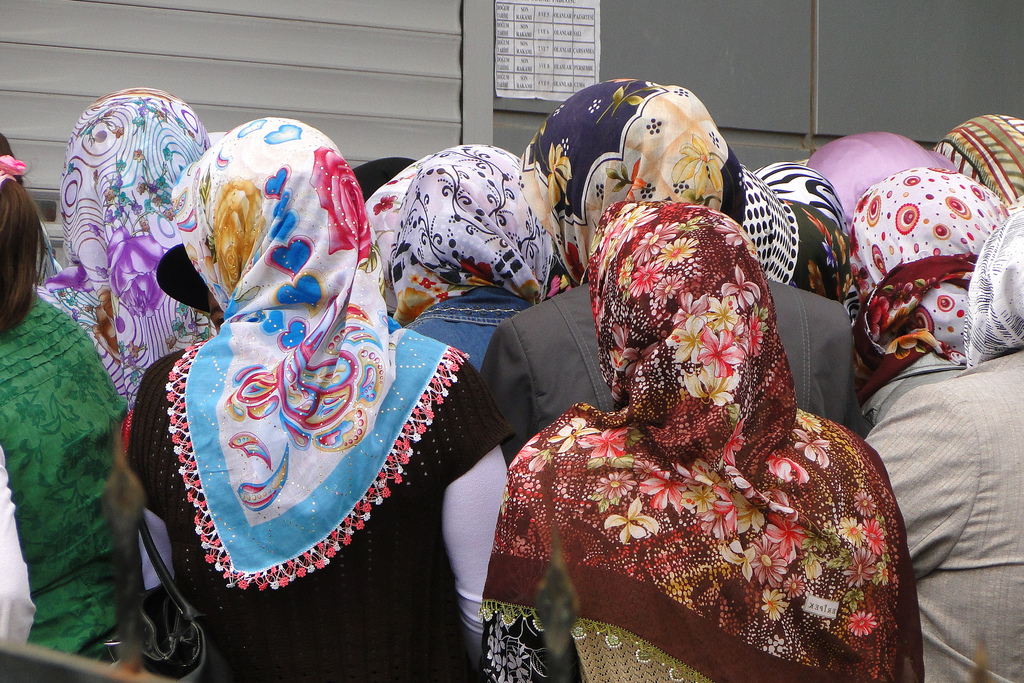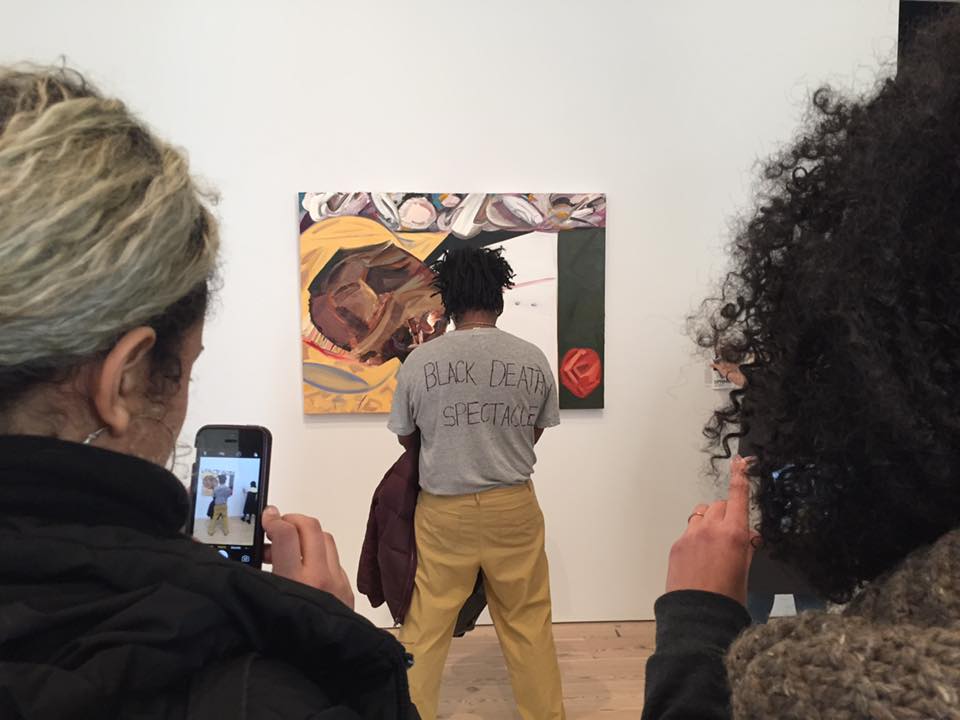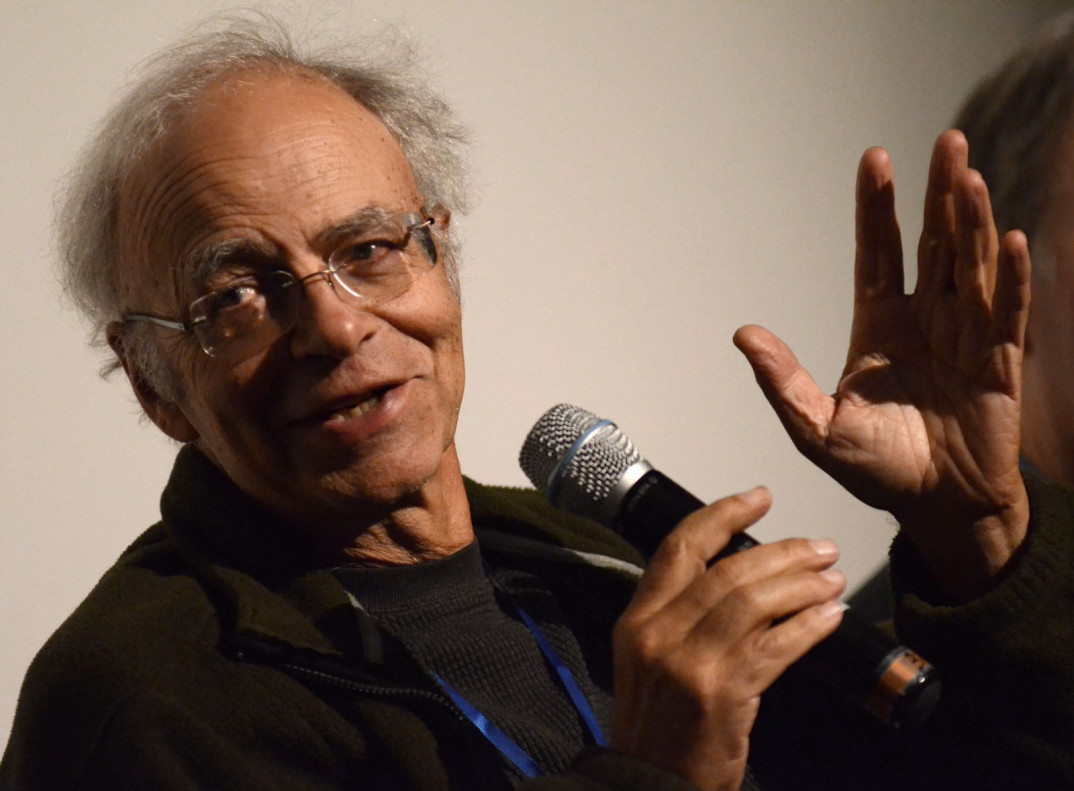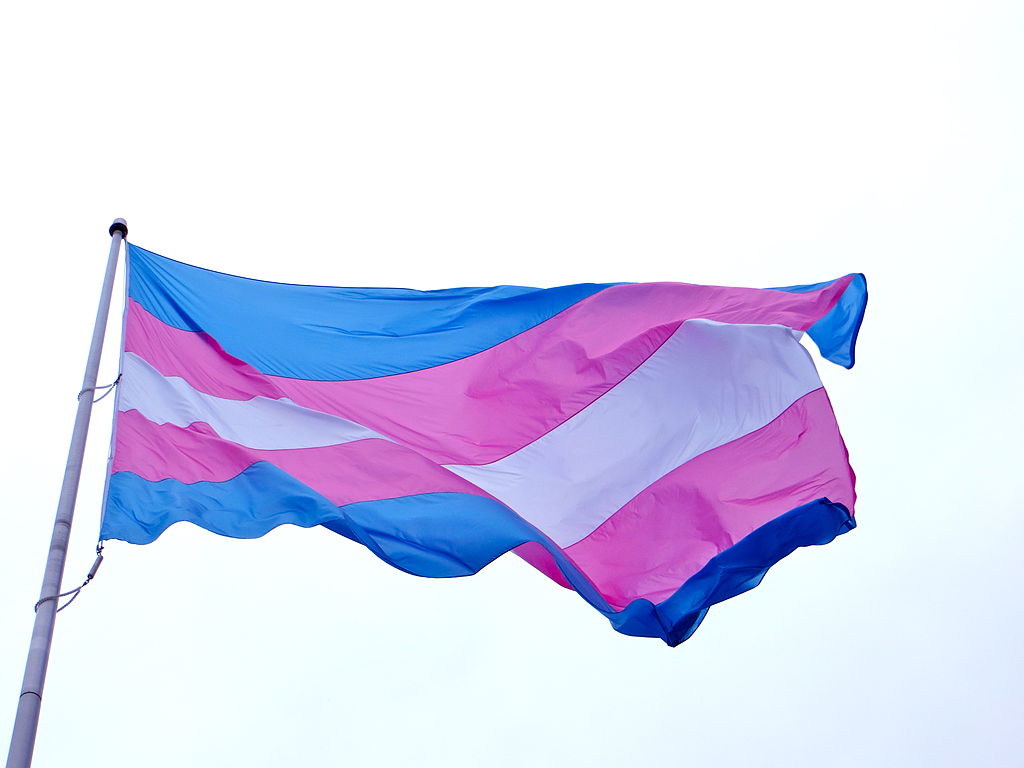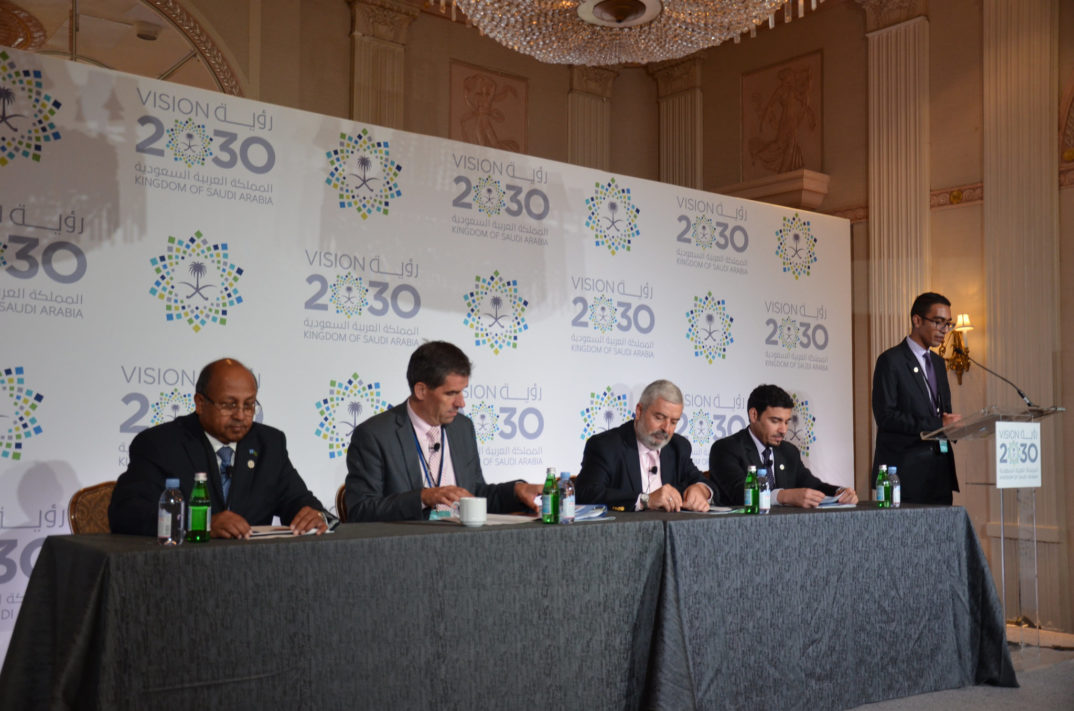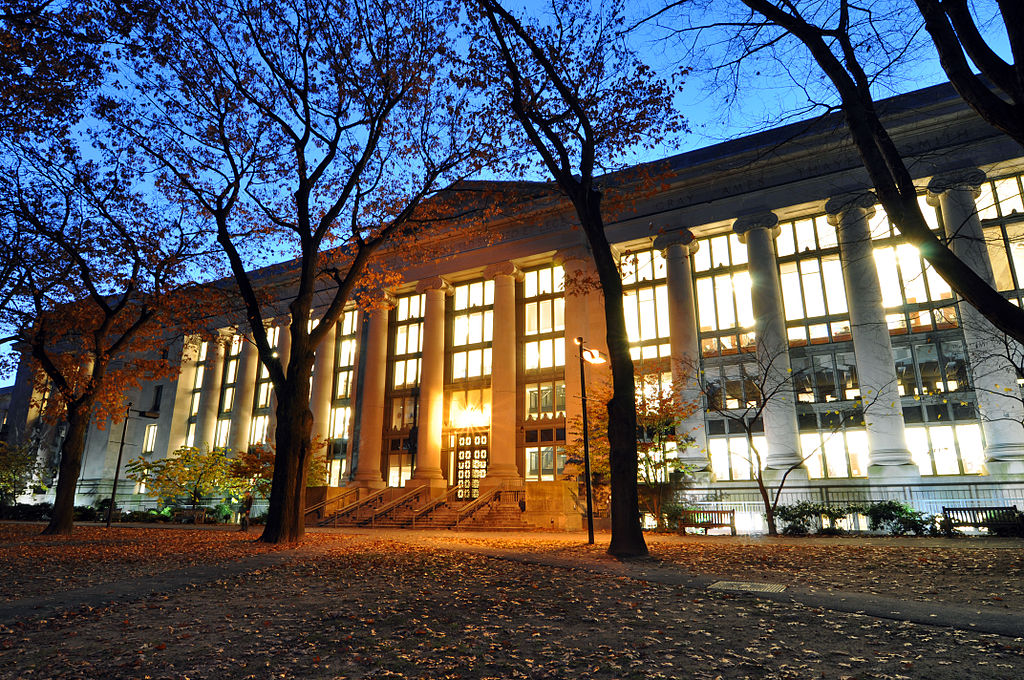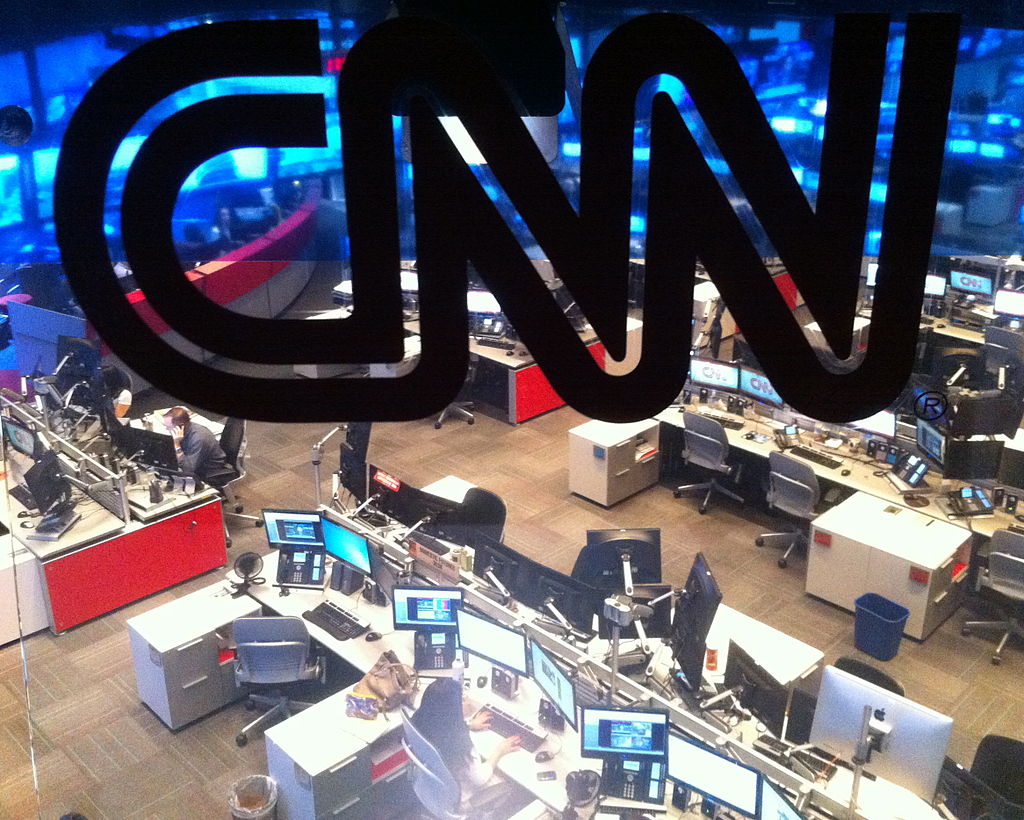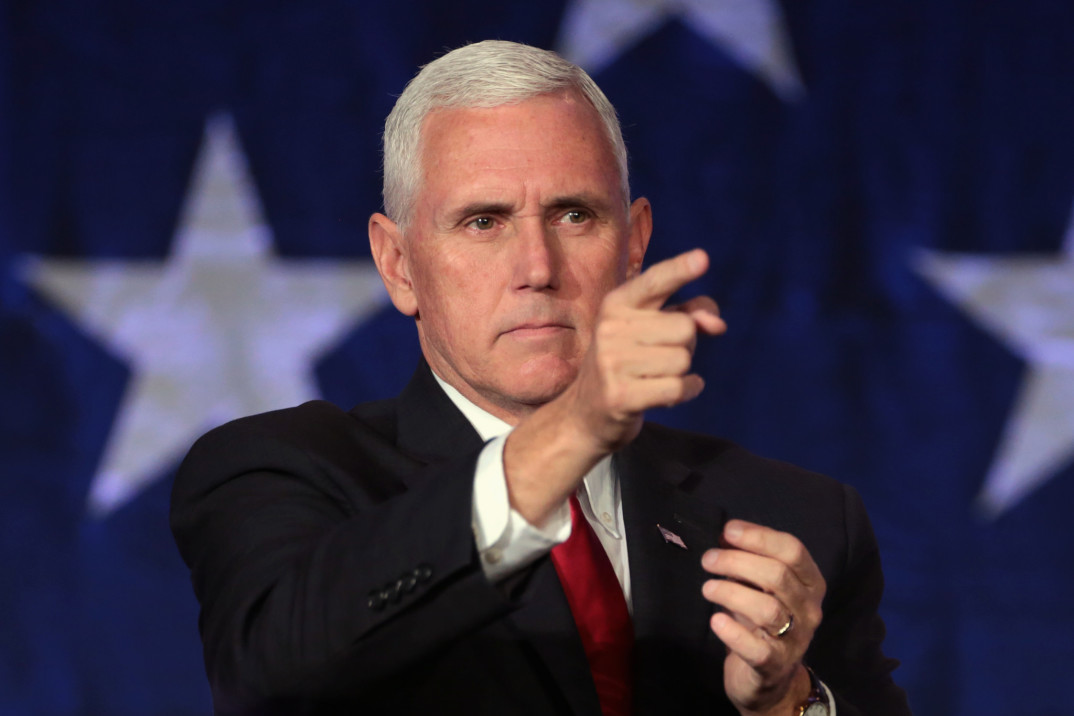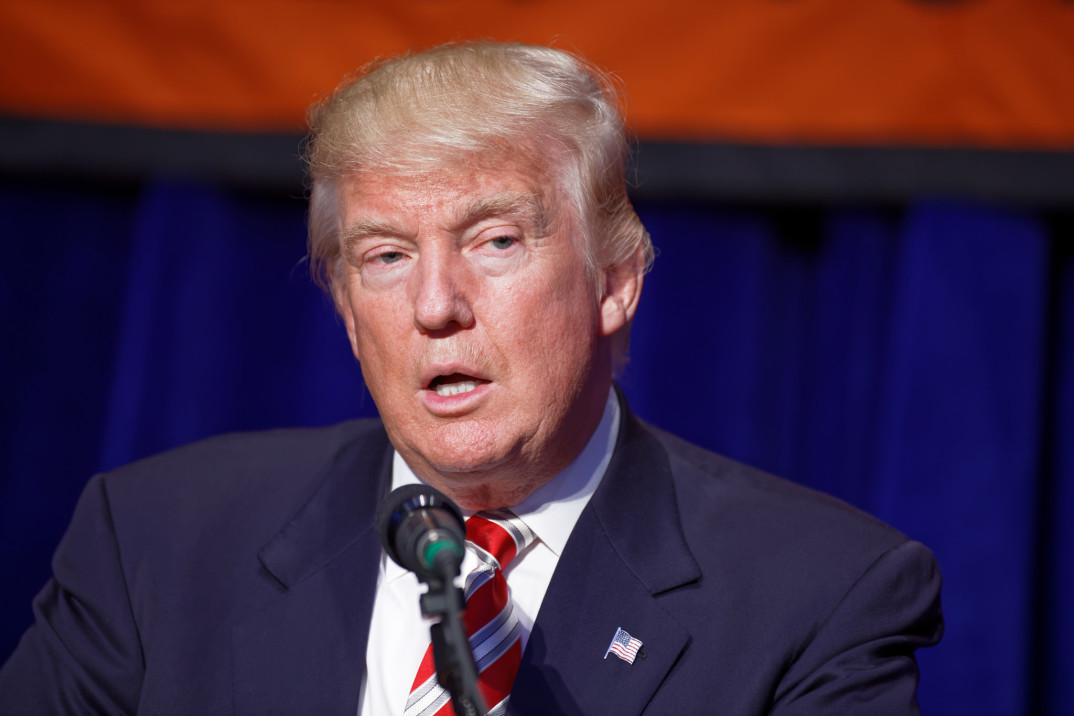The European Union’s highest court has recently ruled that companies are allowed to ban hijabs in their workplaces. It is a response to two cases: Samora Achbita, a woman working for a company in Belgium, was fired over her refusal to take off her veil at work; Asma Bougnani was likewise fired by a company in France, for the same reasons.
This is yet another battle in the long hijab wars that have been fought in Europe over the last 20 years. As usual, there is a political aligning on this issue: the far right welcomes such bans, the multicultural left vehemently opposes them, and the rest of the parties are either undecided, or simply confused, about their stand.
Continue reading “What Does John Stuart Mill Have to Say about the Hijab?”

